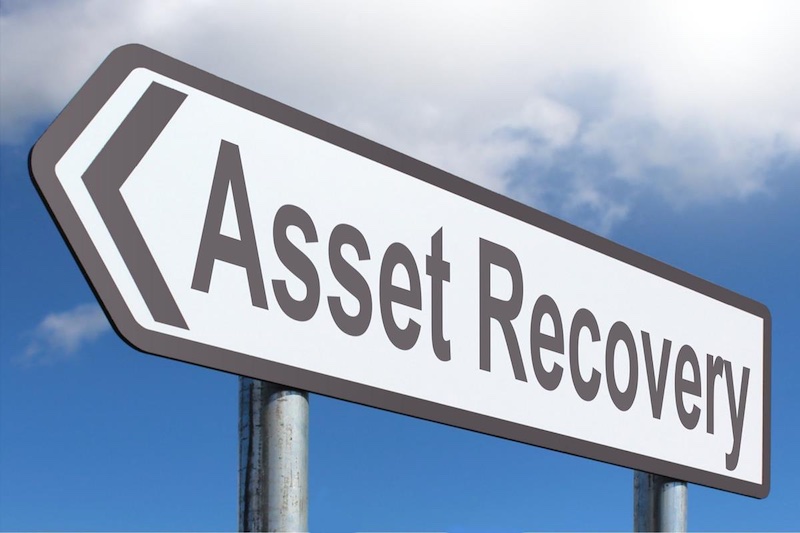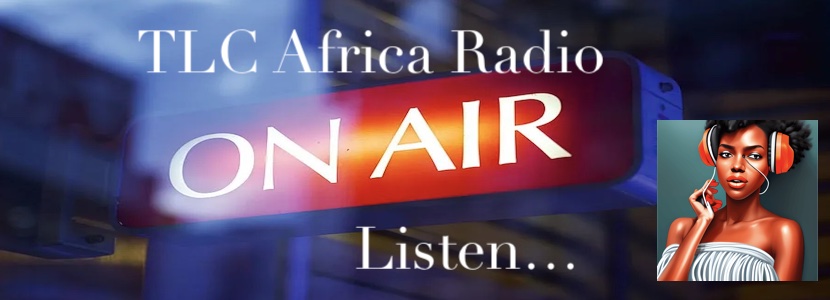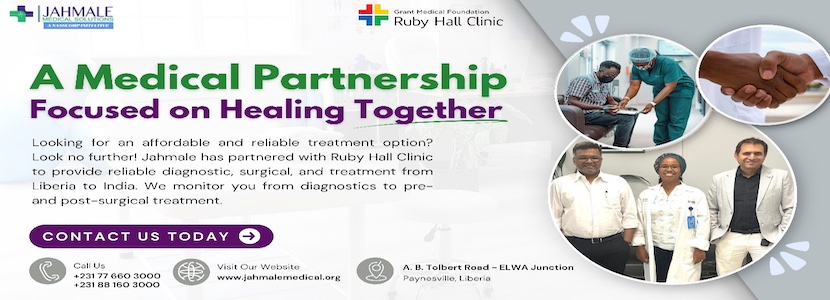
By: Rufus S. Berry II, MBA
An Anti-Corruption Activist
President Joseph N. Boakai deserves the highest commendation for placing asset recovery at the forefront of his new administration’s agenda and for establishing the assets recovery team to effectively lead this crucial national initiative.
In the annals of Liberia’s history, few endeavors hold as much promise for justice and progress as the pursuit of historic asset recovery. As the nation grapples with the legacy of corruption and mismanagement, the imperative to reclaim stolen assets has assumed unprecedented importance. This raises a crucial question: why and why now?
Liberia Legacy of Corruption
For decades, Liberia has been plagued by systemic corruption and the looting of state resources by those entrusted with their stewardship. From embezzlement and bribery to nepotism and cronyism, the vices of corruption have permeated every level of society, undermining the nation’s development and eroding public trust in governance.
The consequences of this rampant corruption are manifold. Basic services such as healthcare, education, and infrastructure have been neglected, perpetuating poverty and inequality. Meanwhile, the proceeds of corruption have been stashed away in private homes, foreign bank accounts or invested in luxury properties both at home and abroad, depriving Liberia of vital resources for its development.
The Imperative for Justice
The pursuit of historic asset recovery is not merely about reclaiming stolen wealth; it is about seeking justice for the people of Liberia. It is about holding accountable those who have enriched themselves at the expense of the nation’s prosperity and ensuring that the rule of law prevails over impunity.
By recovering stolen assets, the Boakai government will be sending a powerful message that corruption will not be tolerated and that those who engage in illicit activities will face consequences for their actions. Moreover, asset recovery can provide much-needed resources to invest in essential services and infrastructure, thereby improving the lives of ordinary Liberians.
The Global Fight Against Corruption
In recent years, there has been a growing recognition of the need for international cooperation in the fight against corruption. Liberia has taken significant steps to strengthen its legal and institutional framework for asset recovery, including ratifying international conventions and collaborating with foreign partners.
Through initiatives such as the Global Forum on Asset Recovery (GFAR) and the International Corruption Hunters Alliance (ICHA), Liberia should immediately engage with other countries and organizations to share best practices, coordinate investigations, and recover stolen assets. This global solidarity underscores the urgency and importance of the asset recovery agenda.
One Must Enter into Equity with Clean Hands
Those appointed by the President and tasked with recovering stolen assets should publicly declare their own assets before assuming their responsibilities. Requiring ever member of the assets recovery team to publicly disclose their assets before engaging in asset recovery helps ensure transparency, accountability, and trustworthiness in the process.
Overall, public disclosure of assets by every member of the asset recovery team is essential for maintaining the integrity of the process and safeguarding the interests of the Liberian people.
The Time for Action is Now
As Liberia stands at a crossroads in its history, the time for action on asset recovery is now. The momentum generated by President Boakai’s anti-corruption efforts must be sustained and intensified to ensure that stolen assets are repatriated, and perpetrators are brought to justice.
Furthermore, asset recovery must be accompanied by broader reforms aimed at strengthening governance, promoting transparency, and fostering accountability. This includes measures to enhance public financial management, empower anti-corruption institutions like the Liberia Anti-Corruption Commission (LACC) and General Auditing Commission (GAC), and promote civic engagement and civil society participation.
In conclusion, Liberia’s historic asset recovery efforts represent a watershed moment in the nation’s journey towards justice, accountability, and development. By reclaiming stolen assets and holding perpetrators accountable, Liberia can break the cycle of corruption and lay the foundation for a brighter future for all its citizens. The imperative for historic asset recovery is clear, and the time to act is now.















